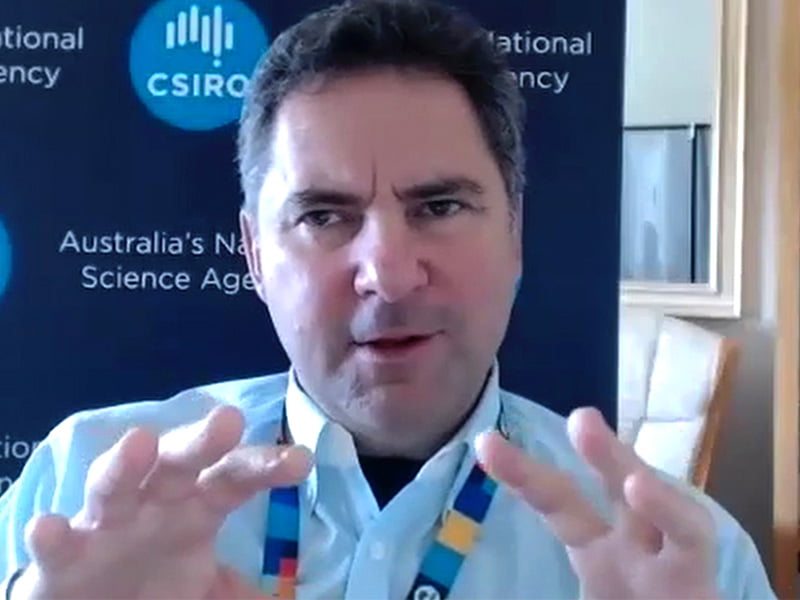The federal government has thrown CSIRO a $459 million lifeline as the country’s peak science research organisation reels from the effects of the COVID-19 pandemic on its industry partnership revenue lines.
The $459 million in funding is over four years from 2020-21 and rolls out with $133 million in 2021 followed by $113 million, $115 million and $99 million in the following years.
The funding is to plug the hole in CSIRO’s commercial activities due to the economic devastation from COVID-19 and ensure continued essential scientific research.
There’s a boost for Australian AgTech within the funding of $5 million in 2020-21 to support the upgrade of CSIRO’s agriculture and grazing research facilities.

CSIRO will have a major research and innovation role in the government’s pandemic inspired $1.3 billion Modern Manufacturing program that targets six national manufacturing priorities: food and beverage manufacturing; resources technology and critical minerals processing; medical products; recycling and clean energy; defence and space industries.
“CSIRO welcomes the measures announced under the Federal Budget for 2020-21,” said a CSIRO spokesperson following the Budget announcement.
“Today more than ever, science and technology are vital to drive Australia’s recovery and build future resilience.
“Over the next four years CSIRO will receive an additional funding commitment of $459 million to address the impact COVID-19 will have on our commercial activities. This will allow us to continue to deliver critical science for the nation, and help businesses grow and create jobs through innovation.”
Last month, CSIRO released a report on opportunities for Australia in the post pandemic world titled COVID-19: Recovery and Resilience. In a statement at the time, CSIRO Chief Executive Dr Larry Marshall said Australia needed to drastically up the ante on innovation.
“At this pivotal time in our history, the inclination is to batten down the hatches and postpone investments, when actually we need to double down on Australian innovation, because science and technology can drive our recovery from this pandemic-led recession and land us back in a much stronger position,” Dr Marshall said in a statement.
“COVID-19 has disrupted every element of our lives, and while the devastating loss of life can’t be understated, we have an opportunity to determine the new kind of Australia we want to emerge from this crisis.
“Just as science and technology have been guiding our health and emergency response, so too will they drive our economic response and recovery from this pandemic,” Dr Marshall said.
Misha Schubert, the chief executive of Science & Technology Australia – which represents over 80,000 scientists and technologists – said the extra CSIRO funding was wise in terms of protecting Australia’s sovereign research capabilities and helping CSIRO reset for a post pandemic world.
“We think that’s a very good step and a very wise thing to protect that strategic capability of the national science agency,” Ms Schubert said.
CSIRO had taken a major blow to its commercial revenues along with many of its industry partners.
“It fluctuates from year to year, but our understanding is around 30 to 40 per cent of CSIRO’s income derives from industry partners and others. Obviously, our industrial activity across the economy has taken a huge hit and this is basically a bridging amount to make up for that lost commercial entitlement CSIRO would expect to get.
As for the future, Ms Schubert believes CSIRO will evolve to meet the pandemic challenge. CSIRO would evolve capability through this period in areas such as artificial intelligence and machine learning and work closely with Australian industry.
For a deep dive into this year’s federal budget with the InnovationAus team and special guests, register now for InnovationAus’ Budget Insider 2020 webinar today Wednesday October 8th at 17:30. Registrations close at 15:00.
Do you know more? Contact James Riley via Email.
